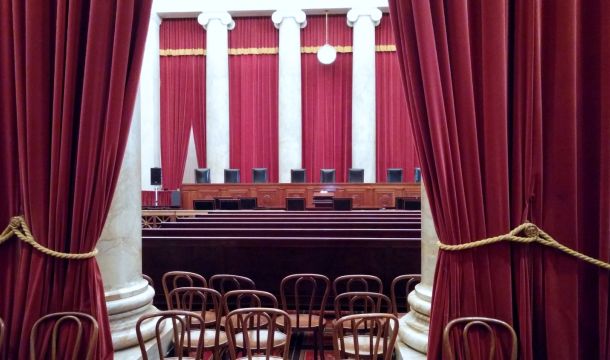Employer Wins Lawsuit over Background Checks Even Though It Failed to Show Applicant Copy of the Report
The Fair Credit Reporting Act (FCRA) places a number of obligations on employers who use third-party background or credit check companies to check past records of applicants or employees. The FCRA gives a person a right to sue for violations, but a recent case dealt with a "bare procedural violation" of the FCRA which did not cause any harm to the plaintiff from the technical violation. The plaintiff's job application did not disclose any felony convictions in the application process, but the background report from a third-party revealed the applicant had such convictions. The plaintiff claimed a violation of the FCRA because the defendant employer failed to show her a copy of the report before withdrawing its job offer, which is a technical violation of the FCRA. The company insisted, however, that it would not have given her the job even if it had given her a copy of the report prior to withdrawing its job offer. The court dismissed the suit, finding that the procedural violation of the FCRA would not cause an injury sufficient to confer standing on the plaintiff. Schumacher v. SC Data Ctr., Inc., No. 19-3266 (C.A. 8, 4/4/22).
Editor's Note: The theory behind the requirement is that after being given a copy of the third-party report, the applicant has the opportunity to dispute inaccurate information in the report. The employer in this particular case was very fortunate, because different circuit courts have different views of the effect of an employer's technical FCRA violation. The FCRA requirements are specific and technical and thousands of FCRA cases are filed against employers each year. Some of the technical requirements include, but are not limited to, using legally-approved forms to meet the FCRA disclosure requirements and the updated Consumer Summary of Rights Form, that became effective September 21, 2018. Consider cases such as Robertson v. Allied Sols., LLC, 902 F.3d 690 (C.A. 7, 2018), where the appeals court affirmed the dismissal of an applicant's claim that the disclosure on the authorization form contained extraneous information in violation of the FCRA, but at the same time held that she could pursue claims that she was not given a copy of her consumer report before the employer took adverse action against her. Consider also that in 2019, Wal-Mart lost a federal court ruling in a case alleging faulty disclosure and notice violations in a class of approximately 5 million individuals. See Petre v. Wal-Mart Stores, Inc., 2019 U.S. Dist. Lexis 11590 (C.D. Cal. 2019).
Related but different obligations exist on employers that use third party information to investigate current employees if the third party provides information on which the employer actually takes adverse action. One of the more recent cases also involves additional issues resulting from online applications, particularly in creating "stand alone" disclosure forms, and use of the "I Agree" button.
This is part of our July 2022 Newsletter.
View newsletter online
Download the newsletter as a PDF
Related Content
Get Email Updates

FTC Adopts Rule Banning Non-Compete Agreements

US DOL Finalizes Rule to Increase Compensation Thresholds for Overtime Eligibility

Featured Federalist Article: Text Education in Muldrow v. St. Louis: The Supreme Court Just Made Title VII Cases Easier for Plaintiffs to Win

Judge Invalidates Joint Employer Rule, and Independent Contractor Rule Takes Effect

The Importance of Fairness in Employment to the Law and to Job Satisfaction




